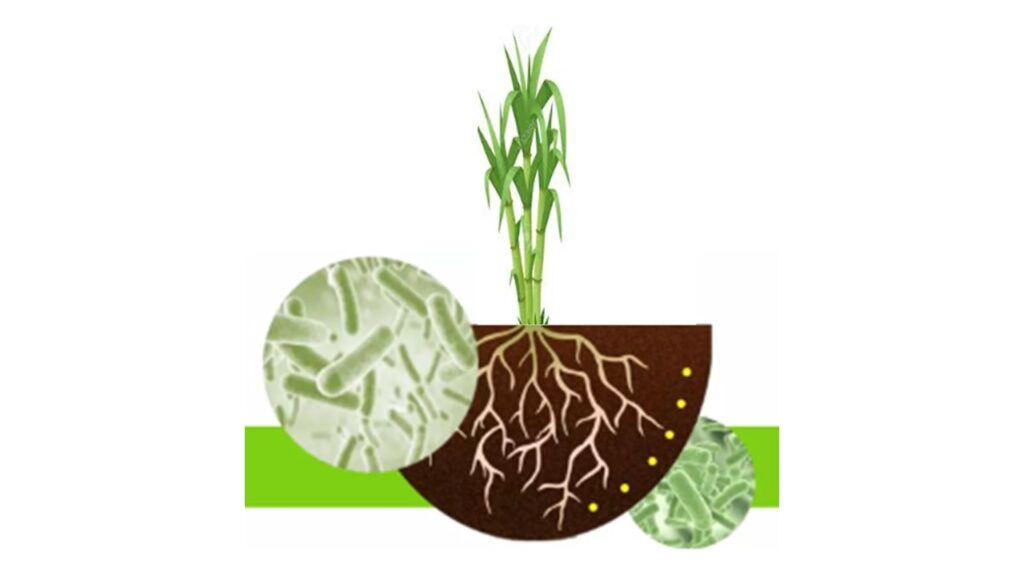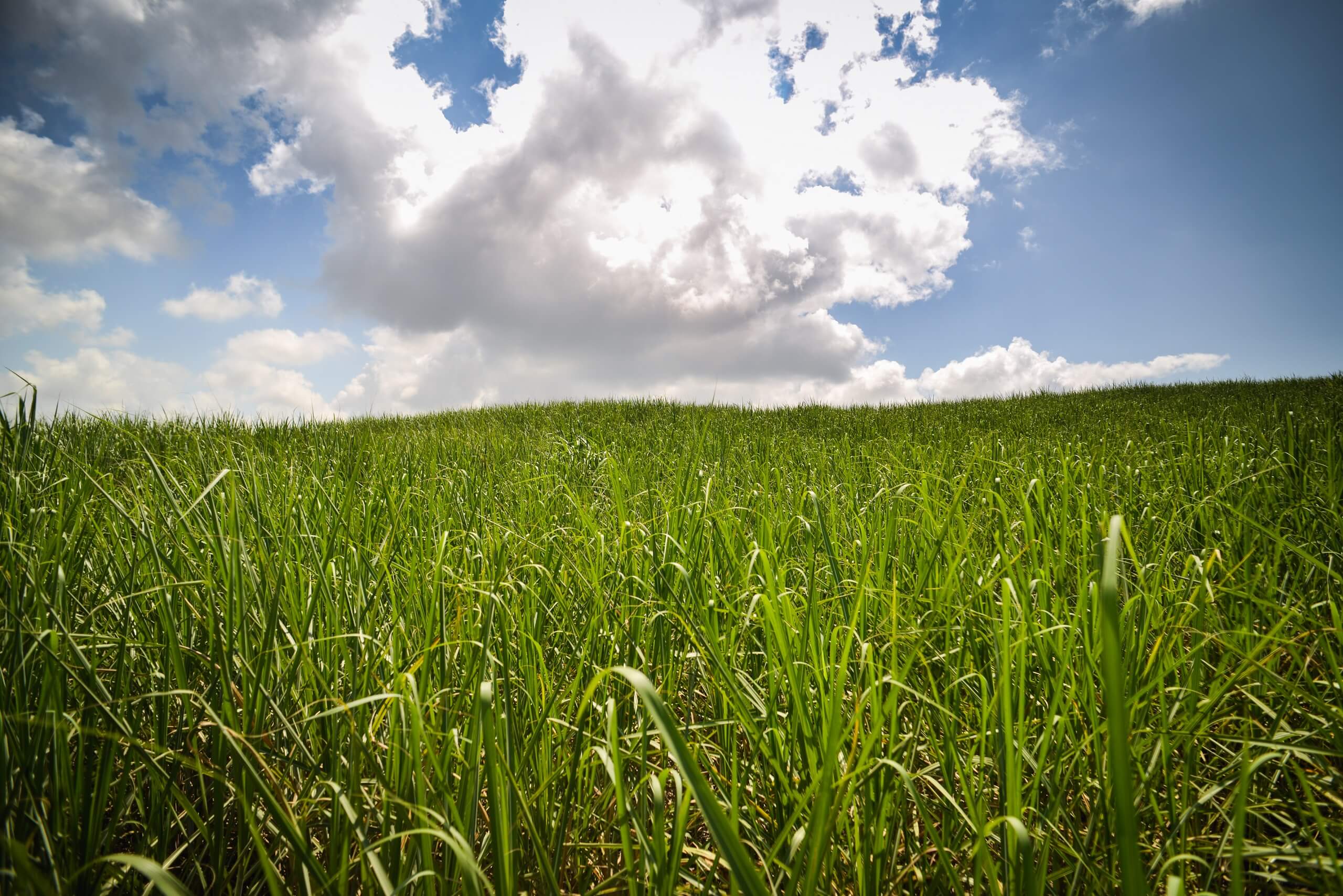The farming landscape is undergoing significant changes, both globally and in South Africa, as regulations and sustainability goals reshape agricultural practices. One of the driving forces behind these changes is the European Union’s (EU) ambitious targets to reduce chemical use in farming by 2030. While these targets directly affect European farmers, they also have implications for farmers worldwide, including those in South Africa who export produce to the EU.
The EU’s new regulations aim to reduce the use of chemical pesticides and fertilisers by 50% and 20% respectively by 2030. These changes are not just limited to European farms; they also apply to agricultural imports into the EU. This means that South African farmers, especially those who export their crops to Europe, must adapt to these stricter standards. Certain agrochemicals, even if still approved for use in South Africa, might no longer be acceptable for produce exported to the EU due to stricter residue limits.
South Africa’s Regulatory Response
In line with global trends, South Africa is also tightening its regulations on agrochemical use. In April 2022, the Registrar of Act No. 36 of 1947 announced plans to phase out certain chemicals classified as hazardous under international standards. By mid-2025, key fungicides like epoxiconazole and cyproconazole, and herbicides like glufosinate-ammonium and halosulfuron-methyl, will no longer be available. However, alternatives do exist for these chemicals, and some, like glyphosate, will continue to be available for use.
One notable change is the planned ban on paraquat, a herbicide that, while not classified as highly hazardous, has been associated with poisoning incidents. The Registrar announced this decision in February 2024, though it has yet to be officially gazetted, which means public comments are still being invited.
In response to these regulatory pressures, the agricultural industry in South Africa is already beginning to shift towards more sustainable farming practices. One of the most promising areas of innovation is the use of agricultural biologicals – products derived from natural materials that help improve crop growth, soil health, and pest management without relying on traditional chemicals.
SASRI’s leadership in sustainable farming
SASRI is at the forefront of this transition. Recognising the need for more sustainable crop protection methods, SASRI is launching a project in 2025 to explore the use of resistance inducers. Unlike traditional pesticides and fungicides, resistance inducers work by activating the plant’s natural defences against pests and diseases.
The project will investigate several commercially available resistance inducers combined with fungal and bacterial biological control agents. These combinations will be tested for their effectiveness in controlling major sugarcane pests and diseases such as nematodes, eldana and smut. The goal is to develop a more sustainable approach to crop protection that reduces the reliance on chemical inputs while maintaining high levels of crop productivity.
Through innovative approaches such as the use of agricultural biologicals and resistance inducers, South Africa’s farmers can continue to thrive while protecting the environment and meeting international standards.


